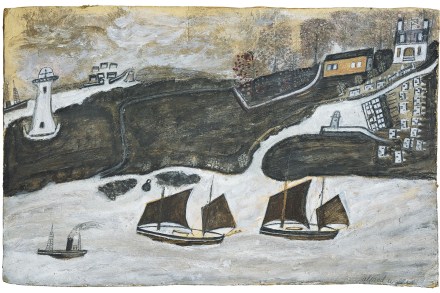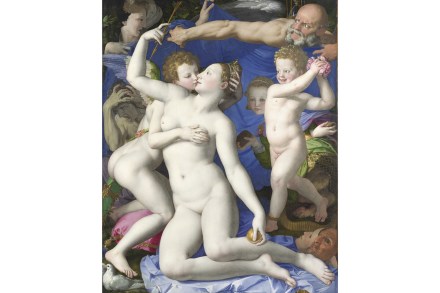As an essay in cheap comedy the show is a great success: Emilia reviewed
Emilia is a period piece about Emilia Bassano who may have been the ‘dark lady’ of Shakespeare’s sonnets. The writer, Morgan Lloyd Malcolm, declines to turn the subject into a history play and instead creates a larky sketch show with snippets of literary gossip. Our heroine enters as a frightened teenager contemplating the horrors of courtship: ‘Men sniff at me like dogs.’ Marriage, she shudders, will crush her, mind and body. ‘As I grow, I must shrink.’ She’s also a poet who needs a publisher but she’s thwarted by institutional sexism in the book trade. ‘Women’s poetry?’ screeches a male reader. ‘The most dangerous rubbish I’ve ever seen.’ At court,




















